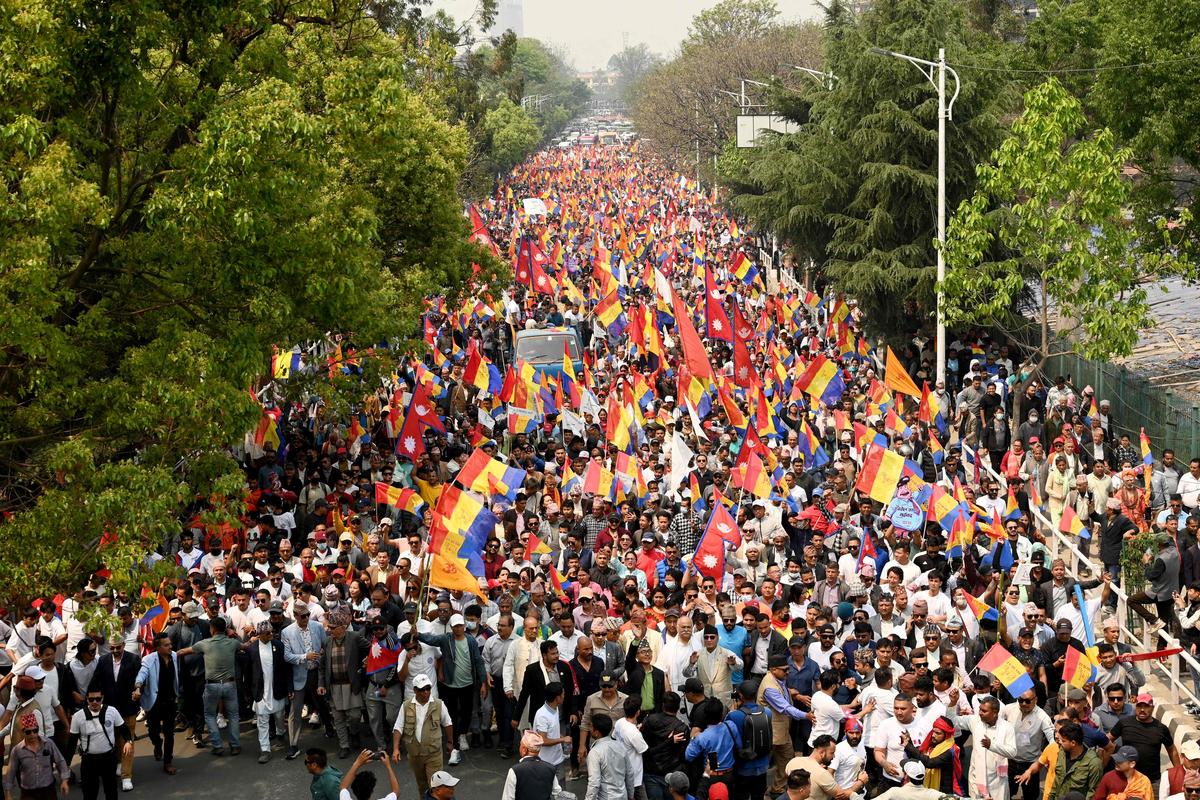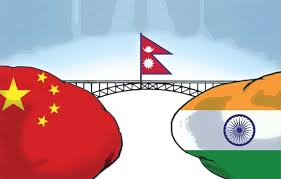Kathmandu: Nepal’s CPN-UML party said on Thursday that the landlocked Himalayan nation can achieve economic prosperity only by maintaining close friendly relations with India. It said that no activity against India will be allowed from Nepali soil. This comment by a senior leader of the party led by former Prime Minister KP Sharma Oli came on the eve of the trust vote in Parliament. It is believed that after the trust vote, Oli can once again become the Prime Minister of the politically unstable country.
Oli’s party praised India
Dr. Rajan Bhattarai, head of the foreign affairs department and member of the standing committee of CPN-UML, said, “CPN-UML does not believe that Nepal can progress or the interests of the Nepali people can be promoted by adopting an anti-India policy.” He said that party president Oli wants to take Nepal-India relations to new heights in accordance with the needs of the 21st century.

Listed the benefits of strong relations with India
Bhattarai said, “We believe that we can attract more foreign investment, promote trade and achieve economic prosperity only by maintaining close friendly relations with India.” He said, “We consider India an important neighbor and we will not allow any activity against India from our soil.”
Oli likely to become Prime Minister
Oli is known for his pro-China stance and it will be interesting to see how he maintains equal relations with both the neighbors if he becomes the Prime Minister after ousting Prime Minister Pushpa Kamal Dahal “Prachanda” after the floor test in the House on Friday. Bhattarai said, “Our party has a clear view of not allowing any activity against another neighbour by taking the side of one neighbour.” He said, “We can solve all our problems by sitting together and talking in a friendly manner.” India-Nepal relations deteriorated during Oli’s tenure Relations between the two countries came under strain after Kathmandu published a new political map in 2020. This map showed three Indian territories – Limpiyadhura, Kalapani and Lipulekh – as part of Nepal. The then Prime Minister Oli had tried to use the issue to stop the growing domestic pressure and protect his leadership from challenge.








